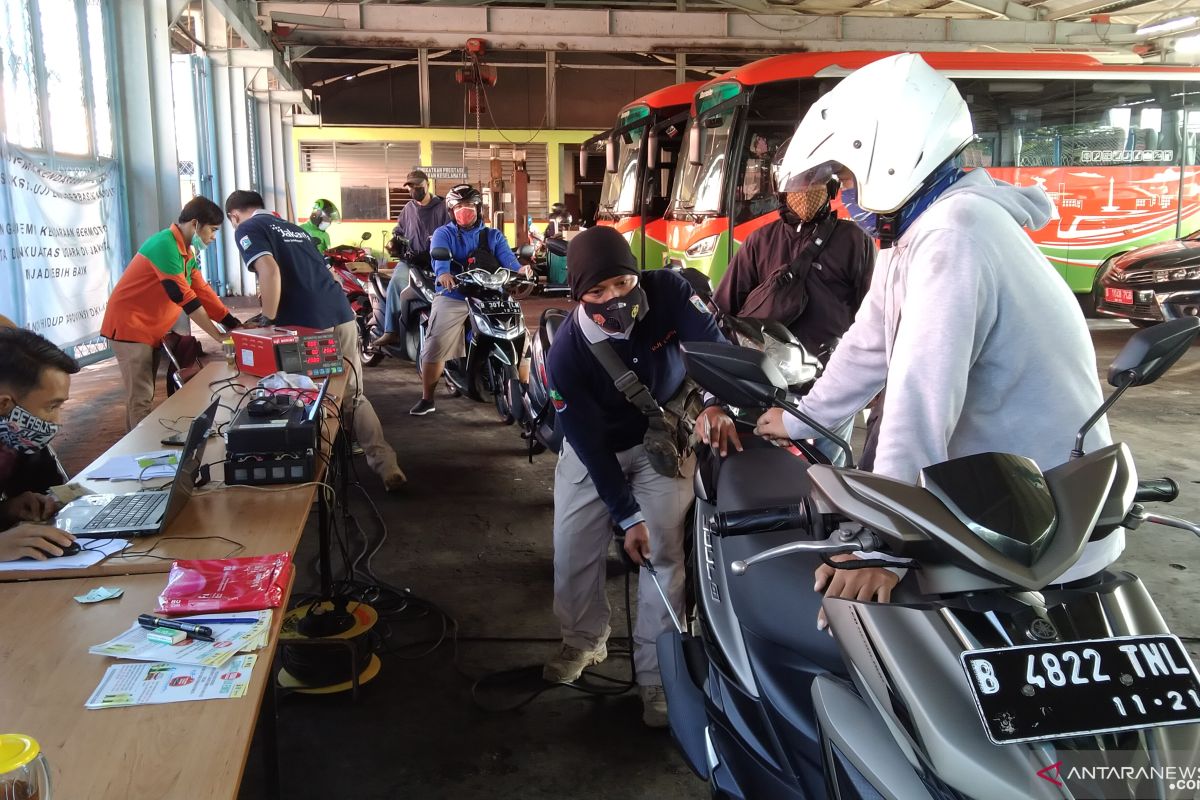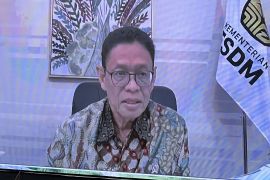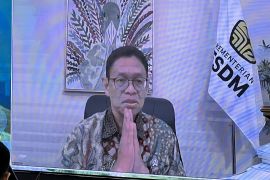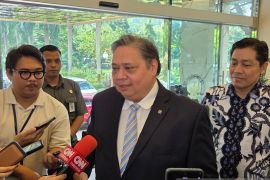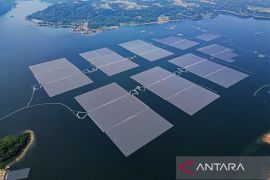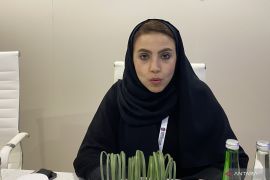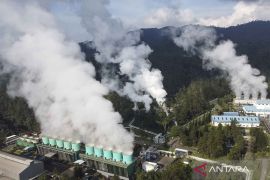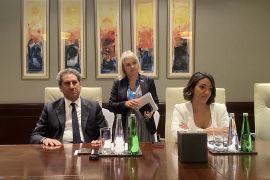At a Science 20 (S20) webinar on ‘High-Level Policy on Fair Energy Transition’ on Thursday, she said that the energy transition issue or climate change agenda has become the highest priority for Indonesia.
To demonstrate its commitment to emissions reduction, Indonesia ratified the Paris Agreement, which contains the Nationally Determined Contribution (NDC) commitment, in 2016.
According to the NDC document, Indonesia is committed to reducing greenhouse gas emissions by 29 percent through its own efforts and 41 percent with the help of international support by 2030.
However, fiscal policies can only cover 34 percent of the total Rp3.460 trillion funding requirement, Indrawati said.
Related news: Forestry sector to contribute to 60-pct reduction in carbon emissions
To reduce carbon emissions in the forestry sector, Indonesia will need US$6.5 billion, while in the energy sector, it will require US$250 billion, she explained.
To this end, the nation needs a policy that can encourage the private sector and State-Owned Enterprises (SOEs) to participate in fulfilling the funding requirement.
The government must create a policy framework that encapsulates the effort to handle climate change, including the energy transition design, the minister stressed.
"I believe that placing an accurate policy is very crucial. Let's fix the policy," she remarked.
Thus far, the efforts made by the government have included the introduction of the carbon market and carbon tax as well as collaboration with other ministries on developing market mechanisms, she informed.
The government has introduced the carbon price at a low rate first as an initial step for allowing the economy to get used to the carbon market mechanism.
Moreover, the government is also designing an energy transition mechanism that necessitates three funding sources to phase out non-renewable energy, specifically coal-fired power plants.
Then, it also encourages investment in renewable energy, including in dealing with social or public issues, specifically those related to the energy transition.
"We are very fortunate to receive support from ADB (Asian Development Bank) and other multilateral development banks such as the World Bank in designing this energy transition mechanism," Indrawati remarked.
Related news: RI slashes 10.37 million tons of carbon emissions from power plants
Related news: RI outlines strategies for reducing emissions in oil, gas subsector
Translator: Astrid F H, Fadhli Ruhman
Editor: Suharto
Copyright © ANTARA 2022
